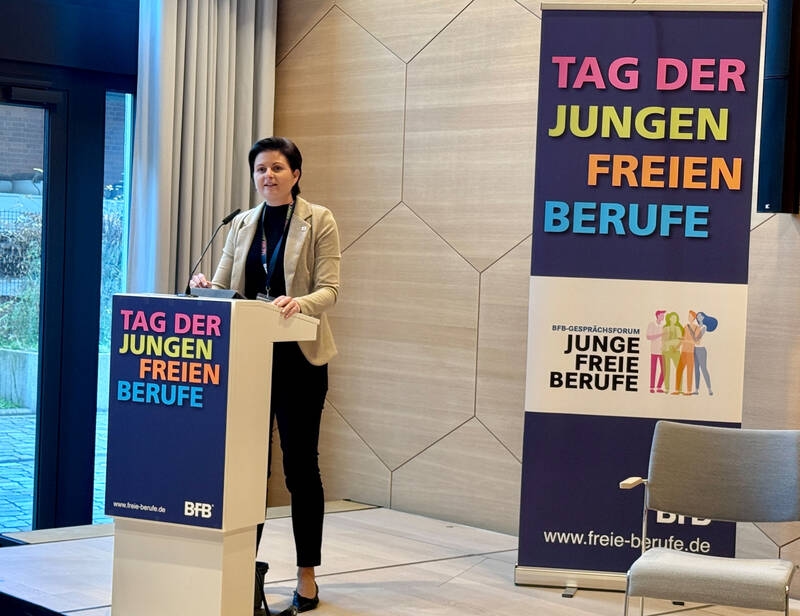To mark our special feature on "Health," we're bringing you a "5in5" special edition today. In this in-depth series, we'll be looking at health trends, offering patients guidance through the jungle of healthcare services, and examining the future of medical care.
Continue reading after the ad
Continue reading after the ad
With these five exciting and enlightening articles from the first special week, you are well informed.
Here's the issue: Those with statutory health insurance spend at least €2.4 billion annually on out-of-pocket medical services, known as IGeL. This is significantly more than previously assumed.
Background: For doctors, self-pay services (IGeL) are a lucrative business. They and their practice teams even receive special training in selling these services. However, not all treatments and examinations that patients have to pay for themselves have proven benefits.
Our takeaway: Instead of being pressured into using IGeL services, patients should demand precise information from their doctors, advises Stefan Gronemeyer (64), head of the Federal Medical Service, in an RND interview.
Continue reading after the ad
Continue reading after the ad
Here's the gist: Fitness influencers have become more popular than ever since the Corona pandemic. Millions of people worldwide watch their videos and try to emulate them – with both positive and negative consequences.
Background: Worldwide, people are becoming increasingly overweight and less physically active. This leads to illnesses such as high blood pressure and diabetes. Fitness influencers can serve as digital role models under certain conditions.
Our takeaway: Experts advise against comparing yourself too closely to influencers and recommend critically evaluating their content. Good content includes concrete, realistic training plans and incorporates nutrition and stress management.
The issue at hand: Supply shortages of important medications demonstrate that Germany is losing pharmaceutical strength.
Background: Many manufacturers have relocated their pharmaceutical production abroad or have been forced out of the market by cost-cutting measures. This has increased dependence on foreign producers. Most medicines and their active ingredients now come from Asia or the USA.
Here's what's next: Experts believe that meeting the demand for medication requires greater diversification among suppliers. And Germany's position as a pharmaceutical hub also needs to be strengthened.
This is about artificial intelligence (AI) increasingly finding its way into healthcare.
This is why it's important: AI could benefit not only doctors but also patients – for example, by providing faster and more accurate diagnoses, thus enabling better, more individualized therapies. At the same time, it could give doctors more time for their patients.
Here's what's next: To roll out AI on a large scale, financing needs to be clarified, among other things, says AI expert Aldo Faisal (45). And the legal situation also needs to change.
Here's the issue: People with statutory health insurance in Germany are entitled to various preventive health check-ups. Nevertheless, many don't take advantage of them.
This is why it's important: Preventive checkups can help detect life-threatening diseases like cancer early. This increases the chances of recovery.
Our recommendation: You can find out which preventive examinations are suitable for you in our overview.
The second special edition, featuring more exciting topics and reports from our focus area, will follow next Saturday.
Continue reading after the ad
Continue reading after the ad
We wish you a pleasant and, above all, healthy weekend.
Capital City Radar: Personal impressions and background information from the government district. Every Thursday.
Continue reading after the ad
Continue reading after the ad
Life and Us: The guide for health, well-being and the whole family – every other Thursday.
US radar: What's moving the United States: The RND's US experts provide analysis and background information. Every Tuesday.
The Editorial Network Germany (RND), with its hundreds of correspondents, keeps you informed seven days a week, 24 hours a day, about Germany, the world, and a growing number of regions and cities in Germany. Use our RND app and visit rnd.de. Learn more about our network and our partner newsrooms at rnd.de/netzwerk .





